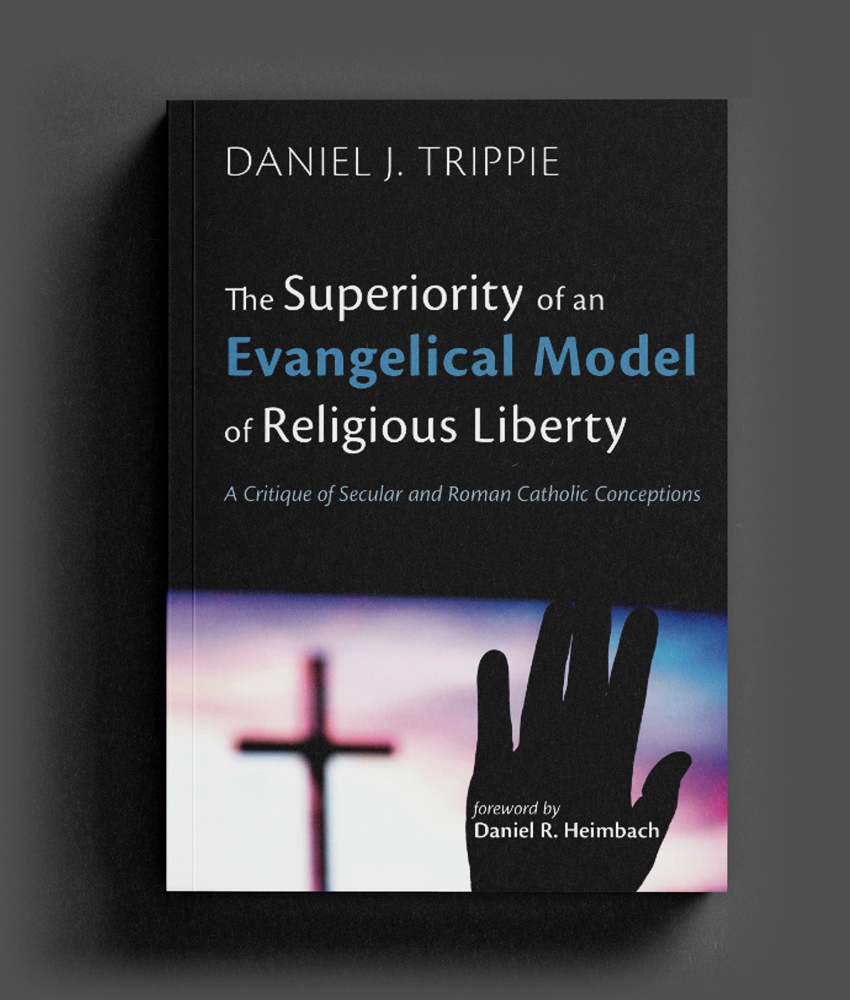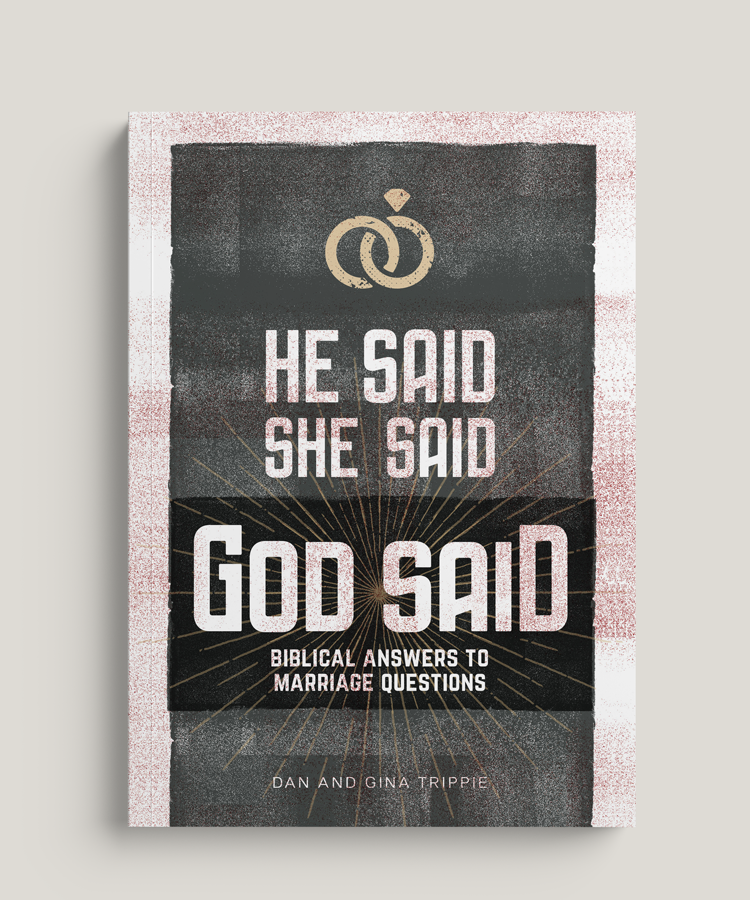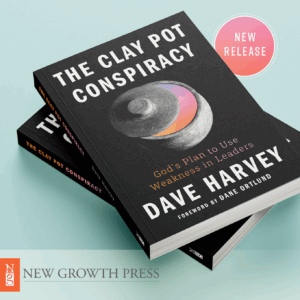If you grew up in the 1980s or 1990s, you probably remember the public service announcements called “The More You Know.” The campaign featured celebrities, politicians, and educators who provided short nuggets of information meant to curb the social concerns of the era. Judging by our current cultural climate, I’m not sure how successful the campaign was, but it did produce some funny parodies.
Nevertheless, the attempt to guide behavior through knowledge is a biblical concept. In the days before his execution, the Apostle Peter wrote the following:
His divine power has granted to us all things that pertain to life and godliness, through the knowledge of him who called us to his own glory and excellence, by which he has granted to us his precious and very great promises, so that through them you may become partakers of the divine nature, having escaped from the corruption that is in the world because of sinful desire (2 Pet 1:3-4).
What Does Knowledge of God Mean?
The Holy Spirit, through the pen of Peter, shows us that the knowledge of God—gained through Christ in conversion—guides us to live in a manner that glorifies God and provides us with our greatest joy. But what does it mean to have “knowledge” of God, and how does that result in greater joy? Like me, you have probably encountered very mean people who have a lot of “knowledge” about God, so you may ask, “How can knowledge guide me to greater love of God and others?”
A Theory of Knowledge
However, as I have considered epistemology (the theory of knowledge), I have found my faith strengthened and joy increased. Philosophers define knowledge as a justified, true belief. For one to truly “know” something, one must have a belief about the thing they claim to know. It would seem odd to say, “I believe something,” but then say, “I don’t know anything about it.” In this regard, knowledge implies certainty, which makes knowledge different from an opinion. Therefore, knowledge starts with a belief. A belief is something we hold to be true.
Justified, True, Belief
Moreover, while knowledge contains a belief, it also entails a judgment about that belief. One must have justification for holding the belief. For instance, I can say, “I believe the coffee shop closes at 8 PM” because that’s about the time most coffee shops in my town close. Or I can say, “I believe the coffee shop closes at 8 PM because I checked the website and called the shop.” My belief is justified because I have reliable evidence to support it.
However, knowledge requires more than a belief that is merely justified. Years ago, I saw a woman at church who possessed the same hair color as my wife. From a distance, and from behind, I was justified in believing she was my wife. Thank goodness she turned around before I put my arm around her! I had a belief that was justified, but it wasn’t true. For one to have true knowledge, one must have a belief that is justified and true. In the age of fake news and AI, truth must correspond with to reality.
At this point (if you have hung in there), you might ask, “How does this help my faith?” Having a “knowledge of God in Christ” guides our life in several practical ways:
How JTB’s Help Our
First, knowledge of God in Christ enables me to distinguish between genuine faith, opinions, and even my delusions. In a world filled with lies and confusion, this knowledge cuts through the noise and leads toward godliness in all things. For instance, when I’m convinced “I know” why that person didn’t call me back, I can ask myself, “Am I justified in this belief?” If yes, then I can ask, “Am I 100% certain this is true?” If no, I can step back from the destructive voices that want me to think the worst of people. And if yes, then Jesus shows us what godliness looks like—love covers a multitude of sins.
Second, knowledge of God in Christ protects us from both skepticism and gullibility. It teaches us to ask the right questions about the world we live in. Since His divine power gives us knowledge of reality, we can ask whether our beliefs about moral actions find justification in Scripture. Do the beliefs of culture correspond with both the visible and invisible aspects of reality? Said differently, do cultural beliefs align with how God actually designed the universe?
Third, knowledge of God in Christ deepens my joy in life because belief in the resurrection is justifiable and true. History corresponds with the claim of a bloody cross and an empty tomb. The repeated failure of the gates of hell justifies my belief that He is alive and actively building His kingdom. And His personal guidance, goodness, and beauty shown to me over 30 years correspond with all that the Scriptures claim.
Finally, the PSA campaign “The More You Know” was corny—seriously, Punky Brewster?! I’m not sure those commercials prompted my generation to consider the nature of knowledge seriously. I think when we consider the moral confusion that followed, the answer is clear. But the PSA campaign did shine a spotlight on the ethical chaos that led many of us to seek beliefs rooted in substance and truth.









